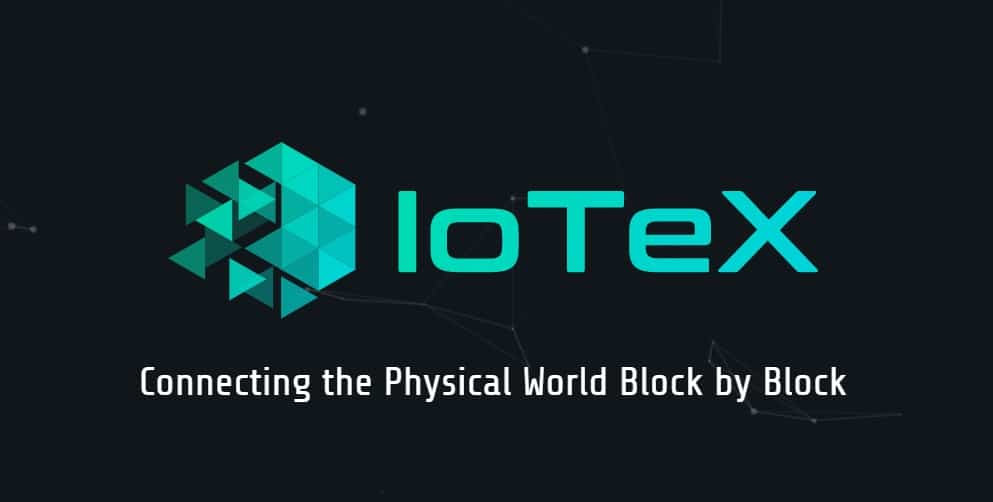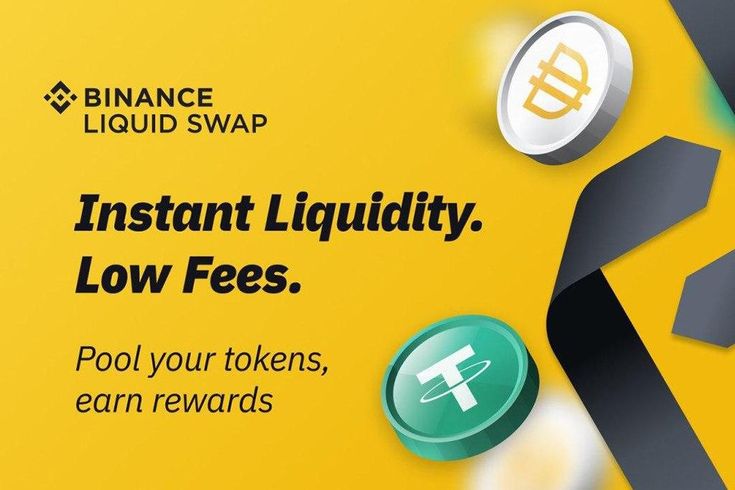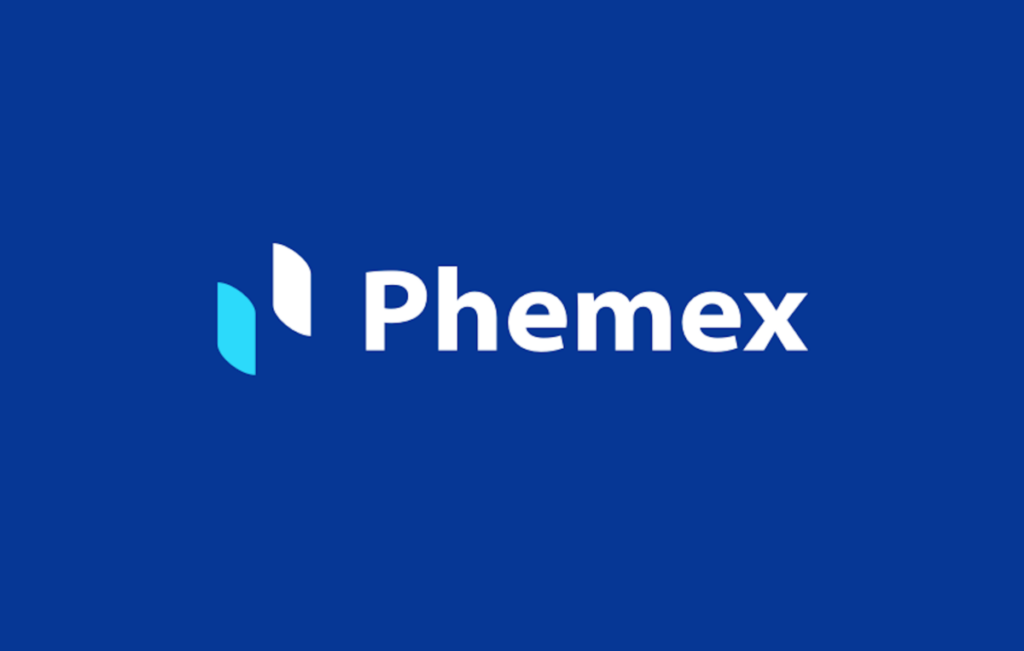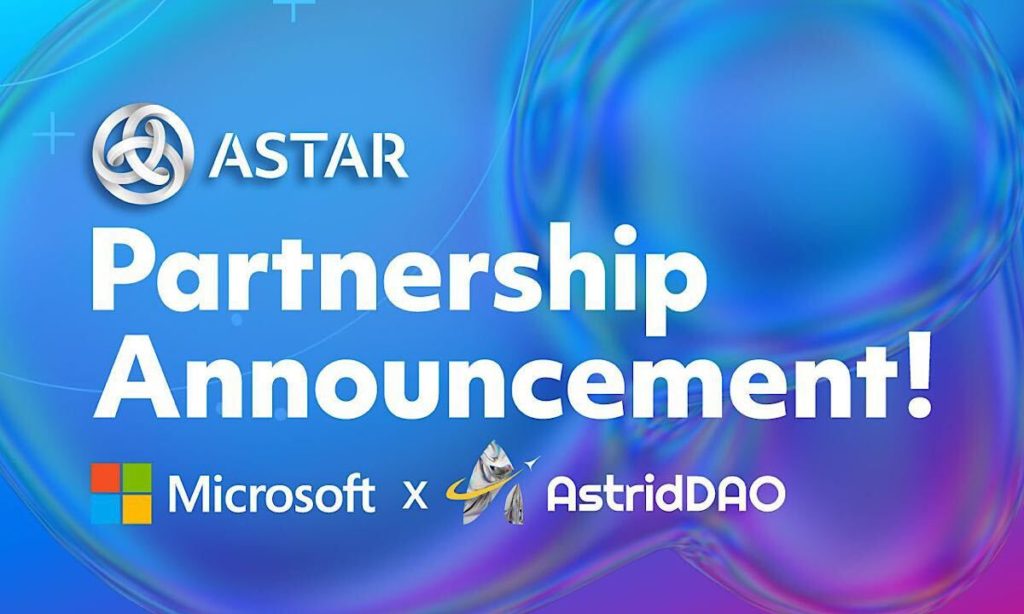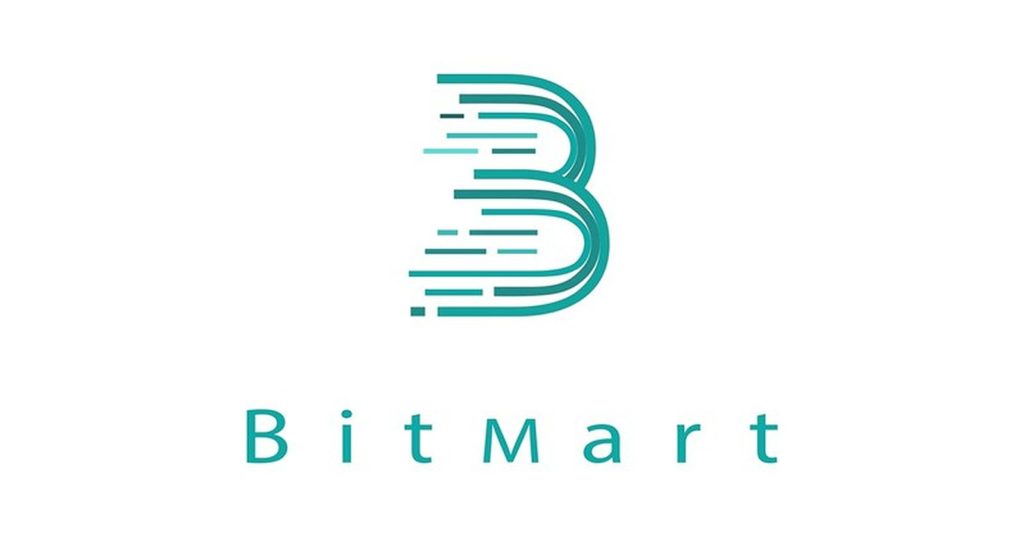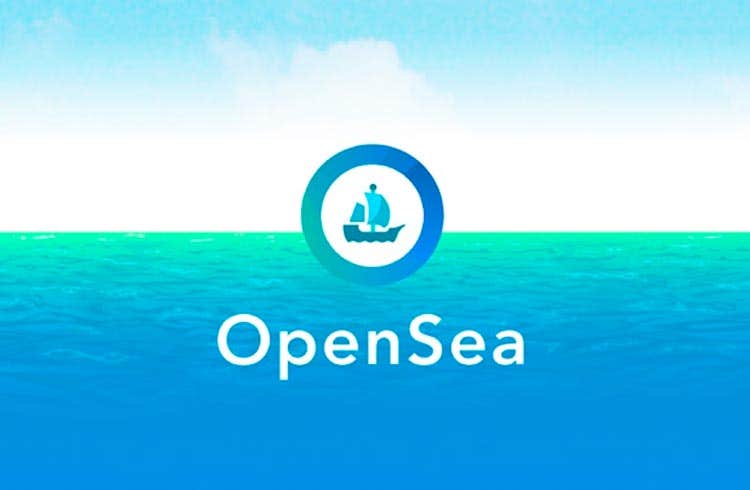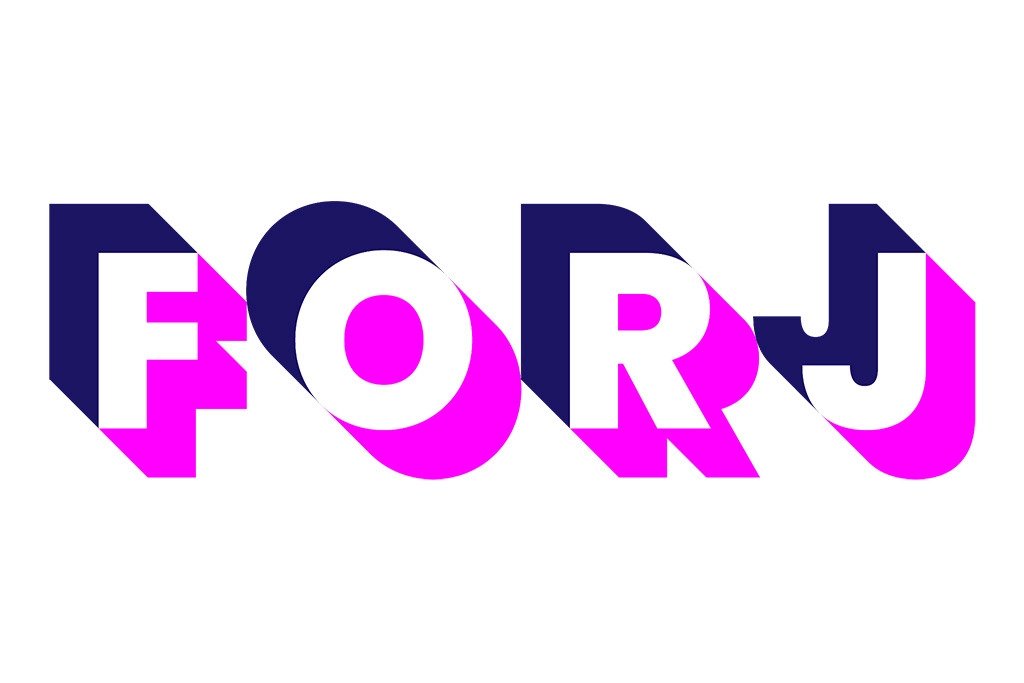IoTeX is an Internet of Things (IoT) crypto and blockchain project based in Silicon Valley.
The open-source project was launched in 2017 and founded by Dr Raullen Chai, who previously worked for Google and more recently Uber.
The project focuses on empowering the machine economy and leading the transition to Web3, in a way that benefits businesses and consumers alike.
In late 2021, IoTeX launched MachineFi, in a milestone achievement that caused the price of its token to surge to an all-time high and attracted thousands of new retail investors.
IoTeX’s chief rival is IOTA – another open-source IoT blockchain project which was founded a short while prior to IoTeX.
What IOTX?
IOTX is IoTeX’s native token, and it is currently ranked as the 108th largest cryptocurrency in the world by market capitalisation.
IOTX reached an all-time high of circa $0.23 in November 2021 following the launch of MachineFi.
READ: NY Attorney General warns investors are ‘losing billions’ in crypto
Its price has since dropped to $0.0349, according to CoinMarketCap data, as the crypto market as a whole has declined due to interest rate hikes (and the threat of further increases) and global political and economic uncertainty.
How can I buy IOTX?
IOTX is listed on a wide selection of centralised exchanges (CEX) and decentralised exchanges (DEX), including Binance, Huobi Global, Uniswap, and HitBTC.
It can only be purchased crypto-to-crypto, so you’ll first need to exchange some fiat for USDT, Bitcoin, Ethereum or BUSD, and then trade this crypto for IOTX.
New York Attorney General Letitia James has warned that cryptocurrency investors are suffering catastrophic losses amid heightened market volatility.
Specifically, in an investor alert published this week Thursday, AG James cautioned that crypto investors are “losing billions” and warned that even bluechip coins and tokens, such as Bitcoin (BTC) and Ethereum (ETC), can plummet.
She went on to warn that the cryptocurrency market is “extremely unpredictable,” adding that, “Just last month, the market reached record lows and investors lost hundreds of billions.
READ: UK’s FCA warns of ‘significant issues’ with stablecoins as it drafts regulation
“New Yorkers should be cautious and think twice before putting their hard-earned money into this unstable market.”
AG James’ warning comes amid New York pushing to to ban proof-of-work (PoW) crypto mining.
Should this bill get the approval of Governor Kathy Hochul, new mining operations will be banned, and existing mining operations with licenses will not be able to renew their permits under any circumstances.
This would affect BTC, as it is mined on a proof-of-work basis.
As of 4 June, Bitcoin is currently trading around $29,750 as per CoinMarketCap data, marginally up over the last seven days.
Ethereum, meanwhile, is changing hands at $1,780 and is slightly down over the last week.
Follow Crypto Intelligence on Google News to never miss a story
Phemex is a Singapore-headquartered crypto derivatives trading platform. They offer perpetual contracts with up to 100x leverage on an impressive array of coins and tokens, such as Bitcoin (BTC), Ethereum (ETH) and Chainlink (LINK).
The exchange has over two million active users across the globe, and works with in excess of 30 integrated liquidity providers to ensure the smooth operation of trades, by always providing good market depth on both sides of a trade for all listed tokens.
Phemex was founded in 2019, by CEO Jack Tao. At the moment, the US Dollar is the only fiat currency supported by Phemex, but there are over 250 trading pairs to choose from on this exchange.
READ: UK’s FCA warns of ‘significant issues’ with stablecoins as it drafts regulation
Phemex holds the mission of making everyone and not only experienced traders trade efficiently without taking any additional risk.
Phemex is run by eight ex-Morgan Stanley executives, and this exchange allows users to trade various perpetual contracts, such as ETHUSD, BTCUSD, XRPUSD, and XTZUSD, with up to 100x leverage (though this leverage isn’t available to all users, for risk management reasons.)
Phemex allows crypto traders from all over the world to trade cryptocurrencies through a medium that is safe and not too complicated to navigate. The efficiency of Phemex is very high as it is rated at number 6 in the world in terms of daily trading volume.
Zerion, the leading DeFi and NFT portfolio manager, is launching the first generative NFT linked directly to users’ on-chain activity. As users explore Web3, this Dynamic NFT Avatar – or DNA for short – will evolve with them based on their actions and the assets they own.
“With our DNA NFT, users can express their web3 identities based on the tokens they own, networks they trade on, and communities they belong to,” said Evgeny Yurtaev, CEO and co-founder at Zerion.
Based on a series of attributes, users will be able to mint an NFT when they create a Zerion wallet that represents their on-chain footprint across the 10 networks Zerion supports. Every additional action users take will alter their DNA.
This announcement comes alongside evolving into a Web3-native Wallet that enables users to sign transactions within their mobile app, trade across 10 networks, and connect directly to any decentralized application in a few taps.
Starting today, users can create a stand-alone crypto wallet with Zerion or import existing wallets like MetaMask or Coinbase Wallet, with no limit to the number of private keys supported on the app.
Wallets can be grouped, allowing users to manage their entire Web3 portfolios, from DeFi tokens to NFTs, all in one place without having to manually add assets or constantly switch between different wallets.
“It’s still difficult to make crypto transactions on your phone, especially across different chains,” says Evgeny Yurtaev, CEO and co-founder at Zerion. “ The Zerion Smart Wallet scans every decentralized exchange on the market to make mobile trading accessible, affordable and easy for the next billion Web3 explorers.”
Before launching its wallet, Zerion conducted security audits with the two of the leading blockchain security firms, Secfault and Cure53 who both concluded that the company’s code base was safe and secure.
Since raising its latest round of funding in July 2021, the Zerion team has been working on turning the product into the primary interface for Web3.
They’ve made it easier for users to see the value of their NFTs, bridge across blockchain networks and invest in hundreds of protocols. Zerion was recently named one of the 50 most promising startups in 2022 by The Information.
To date, Zerion measures 220K monthly active users, has integrated over 500 protocols across 10 networks and has processed over $1.2B in transactions.
About Zerion
Zerion is a web3 smart wallet and investing tool that enables anyone with a mobile phone to manage their DeFi and NFT portfolios. With a relentless focus on user-centered design and a technology stack that aggregates across every major wallet, network and decentralized exchange, users are offered a single point of entry for managing their digital assets, including NFTs. Zerion is non-custodial, which means users never delegate their funds to the platform. This agile approach mitigates centralization risk and has allowed Zerion to operate globally since inception.
The company was founded in 2016 by Evgeny Yurtaev (CEO), Alexey Bashlykov (CTO) and Vadim Koleoshkin (COO) with the mission to empower more people around the world with efficient, permissionless and transparent financial services.
They raised their seed round in 2019 and Series A in 2021. Since then, Zerion has built an award-winning interface that serves more than 200K monthly active users from over 150 countries. Zerion has processed over $1B in transaction volume, seeing $5M traded per day on average with a median trade size of $1,000. To learn more, visit their website or follow the company on Twitter.
Exciting news from the Astar ecosystem. The project AstridDAO being built on Astar has officially announced a partnership with Microsoft. This partnership has huge implications for the ecosystem as a whole. Microsoft, a powerhouse of innovation, brings its resources and technology to AstridDAO. Endorsing and coaching the project shows that the tech giants are paying attention to Astar and the projects being built on the network.
AstridDAO is a decentralized money market with a fully backed stablecoin, BAI, which is hard-pegged to the US Dollar.
Microsoft welcomes AstridDAO to the Microsoft for Startups program. This partnership accelerates business development and growth removing the traditional barriers involved in building a company. Bringing AstridDAO access to technology, coaching and marketing which competitors and other companies do now have access to.
Microsoft will be providing AstridDAO with up to $350,000 of benefits through Github Enterprise, Microsoft Teams and Azure credits. Keep your eyes on AstridDAO, the future is looking very bright for the company.
This partnership from Microsoft signifies AstridDAO as being backed by one of the most innovative tech-driven companies in history.
AstridDAO team shares: “We are super excited to join the Microsoft for Startups program! With incredible resources sponsored by Microsoft, we will ensure AstridDAO can better serve the community and facilitate BAI to become the dominant native stablecoin for the whole Astar and Polkadot ecosystem.”
If you haven’t been paying attention to Astar and the ecosystem as a whole, take this as a sign to start. This network has shown time and time again that they are innovating and building the future of blockchain technology. Microsoft partnering and becoming involved in the network is yet another signal that Astar is an ecosystem you need to keep your eyes on.
About AstridDAO
AstridDAO is a decentralized money market protocol and multi-collateral stablecoin built on Astar and the Polkadot ecosystem, allowing users to borrow BAI, a stablecoin hard-pegged to USD against risk assets at 0% interest and minimum collateral ratio. This mechanism enables users to leverage the value in their risk assets, including ASTR, BTC, ETH, and DOT without selling them.
BitMart has announced the latest addition to its diverse offerings for retail and professional traders alike: an exclusive nonfungible token (NFT) marketplace.
With a focus on a streamlined and luxurious user experience, BitMart’s venture into the NFT space seeks to set the standard in the accessibility and quality of NFTs, including prizes and giveaways, with a growing user base.
To celebrate this launch with the world, BitMart is announcing that all transactions on the NFT marketplace will feature zero fees for a limited time.
Current BitMart users can also claim a free NFT for being loyal BitMartians and supporting the exchange as it grows. These will be cool to display and collect, and collectors can rest assured that every NFT is 100% verified and authentic from projects currently partnered with BitMart.
READ: UK’s FCA warns of ‘significant issues’ with stablecoins as it drafts regulation
With a curated list of 10-plus projects, BitMart has prioritized an exclusive platform that gives users a white-glove listing of NFTs at competitive prices.
Don’t have a BitMart account yet? Register today to launch a crypto journey as soon as possible.
For a deeper dive into how to use the marketplace, browse the user guide. Otherwise, traders and investors should mark their calendars for June 6 so they don’t miss out on this NFT experience.
About BitMart
BitMart is the premier global digital asset trading platform. With more than 9 million users worldwide and ranked among the top crypto exchanges on CoinGecko, it currently offers 1,000-plus trading pairs with one of the lowest trading fees in the industry.
A constantly evolving and growing platform, BitMart is interested in crypto’s potential to drive innovation. To learn more about BitMart, visit its website, follow its Twitter or join its Telegram for updates, news and promotions. Download the BitMart app to trade crypto anytime, anywhere easily.
NFT marketplace OpenSea has announced this week the launch of a Web3 marketplace protocol that will allow users to barter non-fungible tokens with one another.
OpenSea unveiled its new marketplace protocol, called Seaport, on Friday.
They stressed that “OpenSea does not control or operate the Seaport protocol — we will be just one, among many, building on top of this shared protocol.”
The NFT marketplace added that, “As adoption grows and developers create new evolving use-cases, we are all responsible for keeping each other safe.”
The new marketplace protocol will allow users to “agree to supply a number of ETH / ERC20 / ERC721 / ERC1155 items” in exchange for NFTs, as it allows users to barter NFTs instead of just paying for them with Ether, for example.
READ: UK’s FCA warns of ‘significant issues’ with stablecoins as it drafts regulation
Furthermore, Seaport market participants can specify criteria such as certain traits on NFT artwork or pieces part of a collection they want when making offers.
In the announcement, OpenSea revealed that they will allow tipping, but the amount tipped cannot be larger than the initial offer/purchase price.
This development comes after OpenSea announced last month that it had acquired NFT marketplace aggregator Gem, which they said would continue to operate as a stand-alone product rather than being consumed by OpenSea.
However, OpenSea said they are planning to integrate Gem features, including rarity-based rankings, into their own NFT marketplace.
OpenSea was launched in 2017, and it is currently one of the most popular NFT marketplaces in the world by monthly transaction volume.
Follow Crypto Intelligence on Google News to never miss a story
Bondly Finance and Animoca Brands announced today that Bondly Finance has rebranded to Forj, marking a strategic shift in the business to focus on mass-audience onboarding to the world of Web3 and nonfungible token (NFT) technology in the music, sports, lifestyle, celebrity-brand and gaming sectors.
Under its previous brand of Bondly Finance, Forj led the way in the NFT space through innovative partnerships with well-known creators, including influencer Logan Paul, Grammy-nominated musician Lewis Capaldi, and global music and events platform Bandsintown.
Other notable partnerships include building the first official Ethereum-to-Cardano NFT bridge in collaboration with Input Output Hong Kong (IOHK) and powering one of the biggest available NFT-minting platforms, Mint-On-Demand, in partnership with Spring.
Forj is the result of an extensive rebrand undertaken over the past six months, led by several leading brand design experts whose clients include Uber, Disney, AT&T and Coca-Cola.
Forj encapsulates the principles of creation, innovation and partnership, with the main brand mission of deepening the relationships between creators and fans to form a partnership in the true spirit of Web3 applications and decentralized autonomous organization governance.
Forj is majority-owned by Animoca Brands, and the rebrand is just the first in a series of exciting announcements to be released over the next few months.
The rebrand includes the rollout of the new Forj website and the new branding of several consumer channels.
READ: UK’s FCA warns of ‘significant issues’ with stablecoins as it drafts regulation
“The Forj brand launch marks a major milestone in our project’s journey as we prepare for mass-adoption of Web3 and NFT technologies,” said Harry Liu, CEO of Forj. “Tomorrow’s consumers won’t think twice about entering the metaverse to watch their favorite band or buy the latest trainers as an NFT for their avatars, and Forj is positioned to facilitate that leap for Web3 beginners and experts alike.”
“Our brand values for Forj center around one of the founding principles of Web3 — partnership,” said Charles Stanton, chief media officer of Forj. “We’re here to bring fans and creators closer than ever, even blurring the lines between the two, and through Forj, we now have an exciting, dynamic brand vehicle to deliver these truly unique experiences.”
“Bondly Finance’s strategic rebrand to Forj comes at an integral time for Animoca Brands as we look to the popularization of Web3 technologies, including the evolution of the metaverse,” said Yat Siu, co-founder and executive chairman of Animoca Brands. “Forj will deliver to consumers exciting and dynamic brands to provide an attractive gateway to these new Web3 experiences.”
About Forj
A subsidiary of Animoca Brands, Forj delivers leading Web3 products and technology that fosters unique fan experiences for creators. A truly end-to-end solution, Forj is the next frontier of fan engagement through its use of NFTs, metaverse protocols and blockchain technology to bring fans closer to their favorite creator brands in music, entertainment, gaming and beyond. With major partnerships, including influencer Paul, Grammy-nominated musician Capaldi and leading creator platform Spring, Forj has an enviable track record of success in the sector.
Forj-owned brands include the metaverse-infrastructure project Metaprints and leading GameFi project PolkaPets. For more information, visit forj.network.
About Animoca Brands
Animoca Brands, a Deloitte Tech Fast winner and ranked in the Financial Times list of High Growth Companies Asia-Pacific 2021, is a leader in digital entertainment, blockchain and gamification, working to advance digital property rights.
It develops and publishes a broad portfolio of products, including the REVV and SAND tokens; original games, including The Sandbox, Crazy Kings and Crazy Defense Heroes; and products utilizing popular intellectual properties, including Disney, World Wrestling Entertainment, Snoop Dogg, The Walking Dead, Power Rangers, MotoGP and Formula E.
The UK’s Financial Conduct Authority (FCA) has said it will take the recent volatility and turmoil in the crypto markets into account when drafting regulation.
Sarah Pritchard, the executive director of markets at the FCA, said the UK’s financial regulator will “absolutely” evaluate the risk of stablecoins, such as USDT and USDC, de-pegging.
This comes hot on the heels of TerraUSD (UST) de-pegging from the dollar, costing holders billions of dollars.
Speaking to Bloomberg this week, Pritchard highlighted the importance of the FCA in protecting UK crypto investors and warned that “significant issues” exist in the crypto markets at present.
READ: Blockchain Fest 2022: Cyprus hosts major crypto event
“It really shows at front of mind the really significant issues that exist here, both in terms of a well-functioning market and obviously consumer protection,” she said.
“In the last week where we saw significant price movements, it brings that into the fore and it shows the importance of making sure that people understand that that is a risk of where they put their money.”
In April, Britain’s Economic and Finance Ministry announced that it would be preparing stablecoin regulations this year as part of its digital assets framework.
The move was generally well received by the cryptosphere, as it was perceived to be a sign that crypto is here to stay and the UK government was potentially ready to embrace cryptocurrencies.
Follow Crypto Intelligence on Google News to never miss a story
Amulet, a decentralized finance (DeFi) insurance protocol for Rust language-based ecosystems, has successfully raised $6 million in its first funding round.
The seed round was led by gumi Cryptos Capital and joined by Republic Capital, Solana Ventures, DeFiance Capital, Animoca Brands, United Overseas Bank, Signum Capital, Mirana Ventures, NGC Ventures, LongHash Ventures, SevenX Ventures, CMT Digital, Matrixport Ventures, a41 Ventures, Solar Eco Fund, Daedalus, Cobo Wallet and Re7 Capital, and a few ecosystem partners such as the Serum and Acala networks.
READ: FNDZ unveils multi-token staking feature
In the last year, the total value locked (TVL) of Solana (SOL) has been growing faster than Ether (ETH), but there is currently no native insurance protocol.
Amulet utilizes Solana’s proof-of-stake network to provide stable returns and provide insurance services with its unique Protocol Controlled Underwriting and Future Yield Backed Claim mechanism, which minimizes risk for underwriting capital providers.
In 2021, there was more than $10 billion lost due to various hacks and frauds in the crypto space, including $2.6 billion in exploits on DeFi protocols, according to an Immunefi report. A lack of sustainable design and coverage gaps has led to insurance being persistently undervalued in the DeFi space, and as a result, very little of that lost money has been recovered. This is also a concern in the wider world for the metaverse, GameFi and the broader Web3 space.
The market needs better insurance solutions, and until the launch of Amulet, that hasn’t been available for DeFi investors. Amulet will be the first Rust-based DeFi insurance protocol, initially deployed on the Solana network, built to address this high market demand.
Amulet will adopt a multichain strategy and deploy it to other non-Ethereum Virtual Machine-based ecosystems along the road.
“Lately, we’ve seen some epic hacks in cross-chain bridges,” said Miko Matsumura, managing partner of gumi Cryptos Capital. “We appreciate the novel design of Protocol Controlled Underwriting and feel that this mechanism will become a standard way to mitigate some of the substantial risks in DeFi.”
Amulet is led by Rupert Barksfield, a serial entrepreneur who’s worked in crypto since 2016 and has more than 15 years of experience in the technology sector.
Barksfield said, “I am extremely excited to be leading the launch of Amulet. We’ve built an incredible team and aim to build a powerhouse community driving adoption of Web3 while protecting [user] risk. There is an enormous TVL — $35 billion-plus — for Rust-based ecosystems, and this is a market that we can not only penetrate but also lead the way for protecting more users from potential hacks, fraud and other risks. After analyzing the future projections deeply, the next five years are going to be extremely important for our own growth, and that is why we had to act today to announce Amulet, [which] is built, with openness, scalability and sustainability at the forefront of our minds.”
Amulet wants to be the first protocol to offer GameFi and nonfungible token (NFT) asset insurance, metaverse life and property insurance and other protections for the rising Web3 world.



